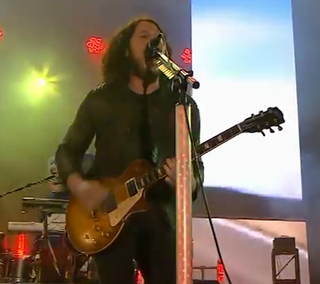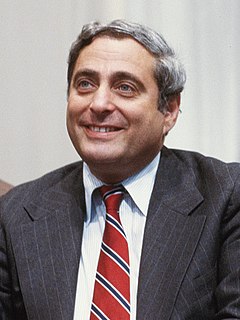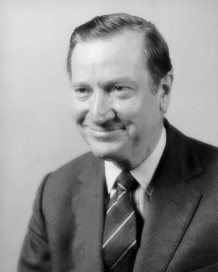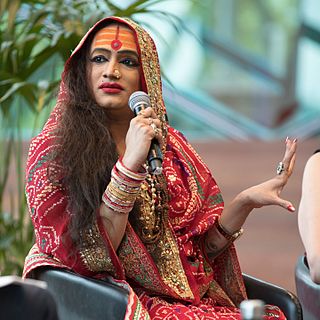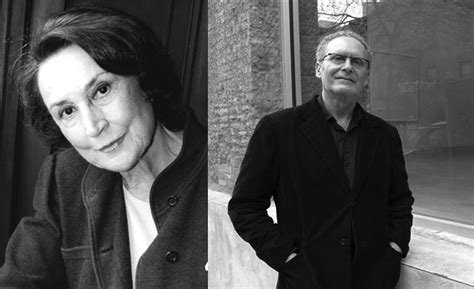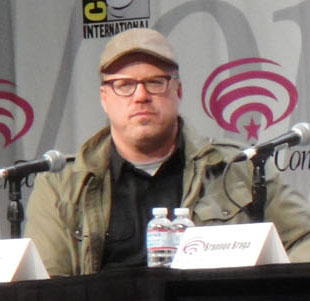A Quote by Kathryn Minshew
I didn't even know that there was a startup culture, that there were events with people who built businesses. When I started meeting those people and going in to that world, I felt like I was among my people for the first time in my life.
Related Quotes
There were actually times where I thought, 'Do people even remember us? Are people gonna be interested in hearing what we put out next?'And, you know, there were times I felt like, 'Are there going to be people out there waiting for this record?'. So we kind of live in a bubble, in a sense. We're very closed off to that whole world of thinking about those kinds of things.
Chemicals(:)...We not only don't know what's going on out there is dangerous ~ we don't even know what is going on out there. It's what we don't know that can really hurt us - kill us. ...It is time we started putting chemicals to the test - not people. It is time we gave people of this country some reason to believe that every time they take a breath, or eat, or drink, or touch, they are not taking their life into their hands. It is time that, down here on earth, we took a couple of small sensible steps on behalf of human health and life.
When you start a movie, it's not like other kinds of work that you have when you know your boss for years or colleagues for years. You're meeting everyone, mostly, for the first time. You have to get comfortable with those people so you can perform, because the first thing that is going to shut you down is any kind of anxiety.
We forget now, but during his life, Dr. King wasn't always considered a unifying figure. Even after rising to prominence, even after winning the Nobel Peace Prize, Dr. King was vilified by many, denounced as a rabble rouser and an agitator, a communist and a radical. He was even attacked by his own people, by those who felt he was going too fast or those who felt he was going too slow; by those who felt he shouldn't meddle in issues like the Vietnam War or the rights of union workers.
When I started meeting members of the hijra community, it was a whole different ballgame. They were like me. This was the first time I felt that I was with other people who were the same as me. It was not about cruising a man, it was not about sleeping with somebody - it was beyond that. It was so much a community, wanting the best for each other, loving each other, caring for each other.
I've spent most of my adult life in the United States, and there the celebrity culture has been entrenched for a long time. It has made people almost literally insane, even those who make a great show of repudiating it. Those people, like novelists, who can no longer enjoy this status are condemned to despise it.
Back in the 1500s, the culture that we had built in the West embraced multigenerational projects quite easily. Notre Dame. Massive cathedrals were not built over the course of a few years, they were built over a few generations. People who started building them knew they wouldn't be finished until their grandson was born.
What's happening in the larger world always influences art. When I first started the gallery in 1959, one of the first things I learned was that most people assume artists know one thing and one thing only - that they were idiot savants. I found very quickly that most artists were very informed and very aware of what was happening in the world around them. So all of those things go together, especially for earthworks. And at that time there was such an intense interest in American art. So there was a great deal of attention paid to where it was going.
There were a lot of people shouting out. I know it's not proper tennis etiquette, but this is the first time I've ever played here that the crowd has been behind me like that. Today I felt American, you know, for the first time at the U.S. Open. So I've waited my whole career to have this moment and here it is. ... It was great. It was awesome. It was like winning gold.
Because if you remember - and people forget this - the first two years of Game of Thrones everybody was going, "I don't know what's going on, but I really like it." And you really didn't know what to make of a lot of people, and now it's changed and people aren't really talking about that. Now it's like you're watching West Wing or Friends, you know the characters and you're like, "What in the world is going to happen?"
When I first started going out to lesbian clubs, I felt a very binary recreation of hetero culture. There are butches and femmes, and I felt like I was neither of those things. I'm in a turtleneck and jeans and just learning to be comfortable in that space. I realized I don't have to be a certain way.
When the movies first started, audiences were dumbstruck to see actresses walking around in evening gowns. They'd never seen anything like that. They wanted to be like those actors and actresses, so the movies informed their behavior. A lot of people started drinking martinis and smoking cigarettes because they felt it was cool.
I think it is possible for the world to see a Palestinian state - I'm not going to put a time frame on it - that is contiguous, that allows freedom of movement for its people, that allows for trade with other countries, that allows the creation of businesses and commerce so that people have a better life.

